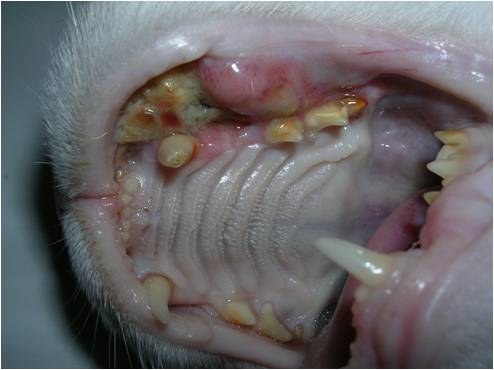MATERNAL RECOGNITION OF PREGNANCY IN THE MARE – A MINI REVIEW
Resumo
A number of features of early embryonic development in equids are unusual or unique; these appear to include the critical but poorly understood mechanism(s) responsible for the ‘maternal recognition of pregnancy’. Maternal recognition of pregnancy is the physiological process by which a developing conceptus signals it presence to the maternal organism to prolong the lifespan of the primary corpus luteum (CL) and thereby ensure the continued supply of progesterone that is essential for embryonic survival and development. However, it is not yet clear what the primary conceptus signal to ensure CL prolongation in the horse is, and while a number of potential contributors to maternal recognition and the establishment of pregnancy have been proposed, none have been able to satisfactorily fulfill the criteria required of an intrauterine luteostatic or antiluteolytic factor. On the other hand, it is generally accepted that maternal recognition of pregnancy is of critical importance and that failure to either send or receive the signal appropriately is likely to lead to early embryonic death. Indeed, pregnancy loss at or soon after the expected time of maternal pregnancy recognition (days 10-16 of gestation) is a common, but unpredictable (and therefore difficult to prevent), occurrence in clinical practice and a considerable source of financial loss to the breeding industry.


